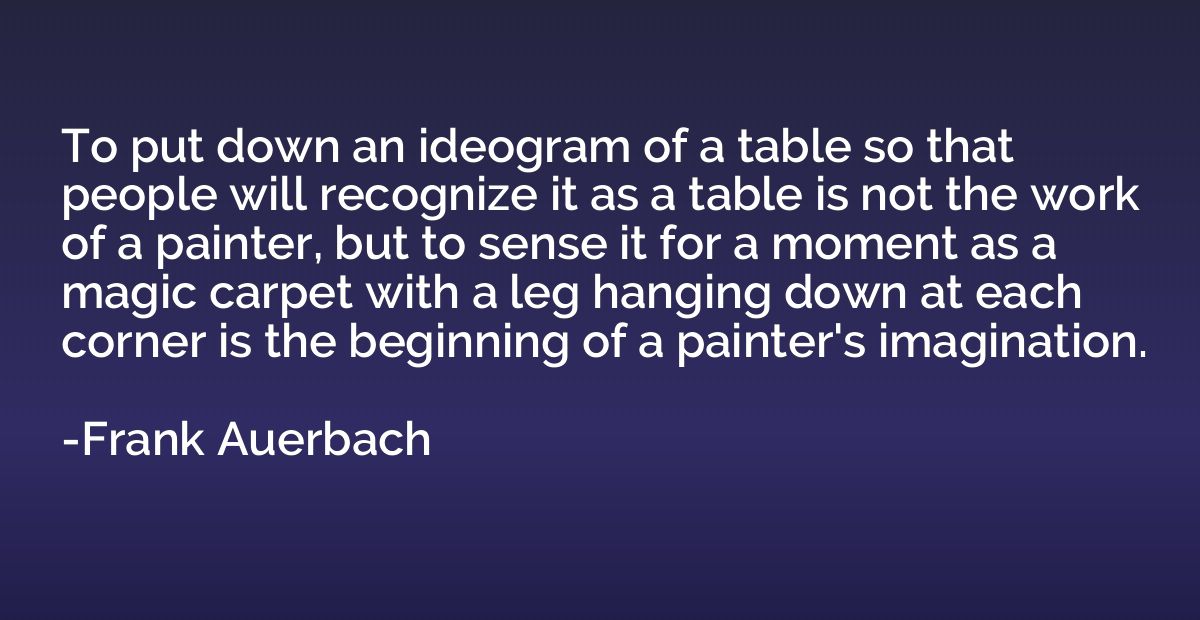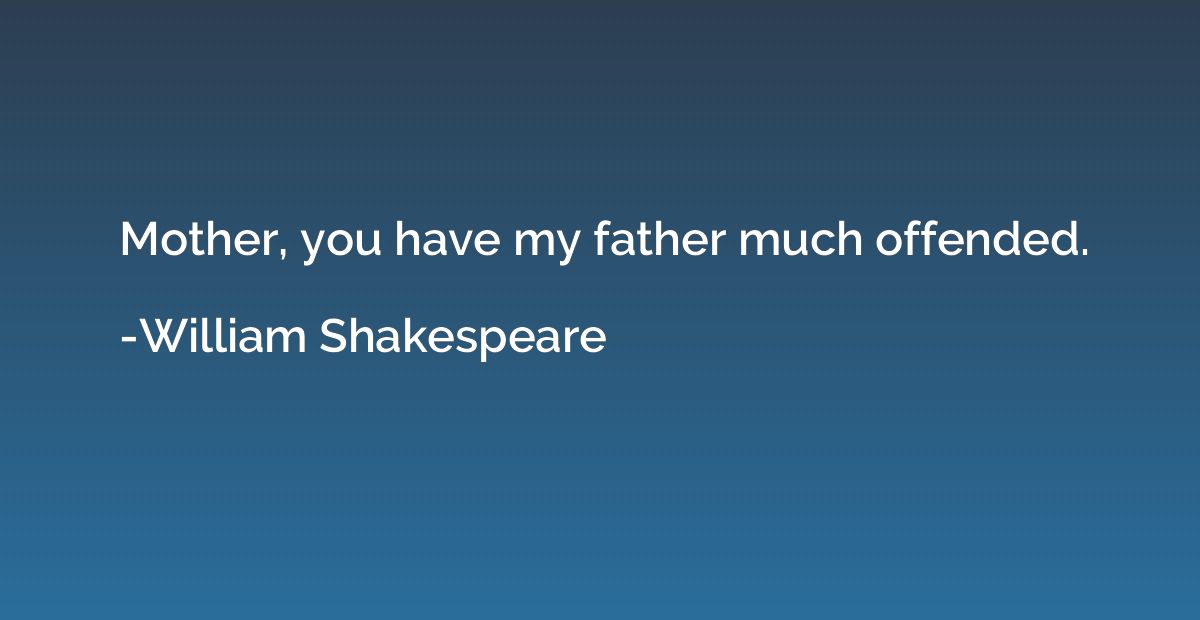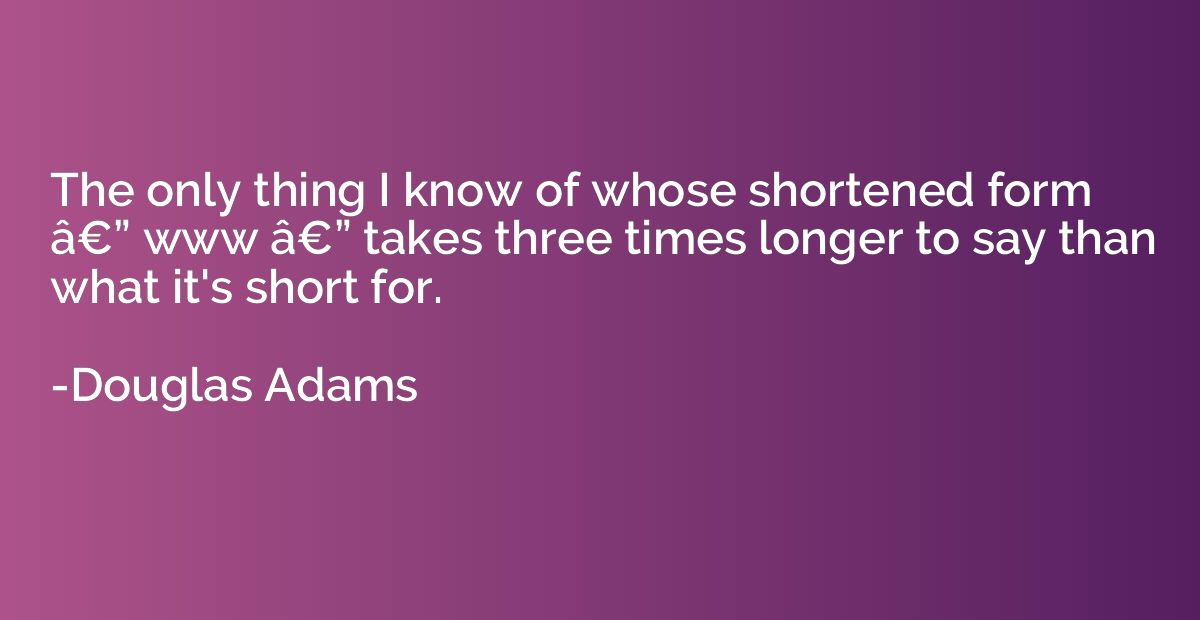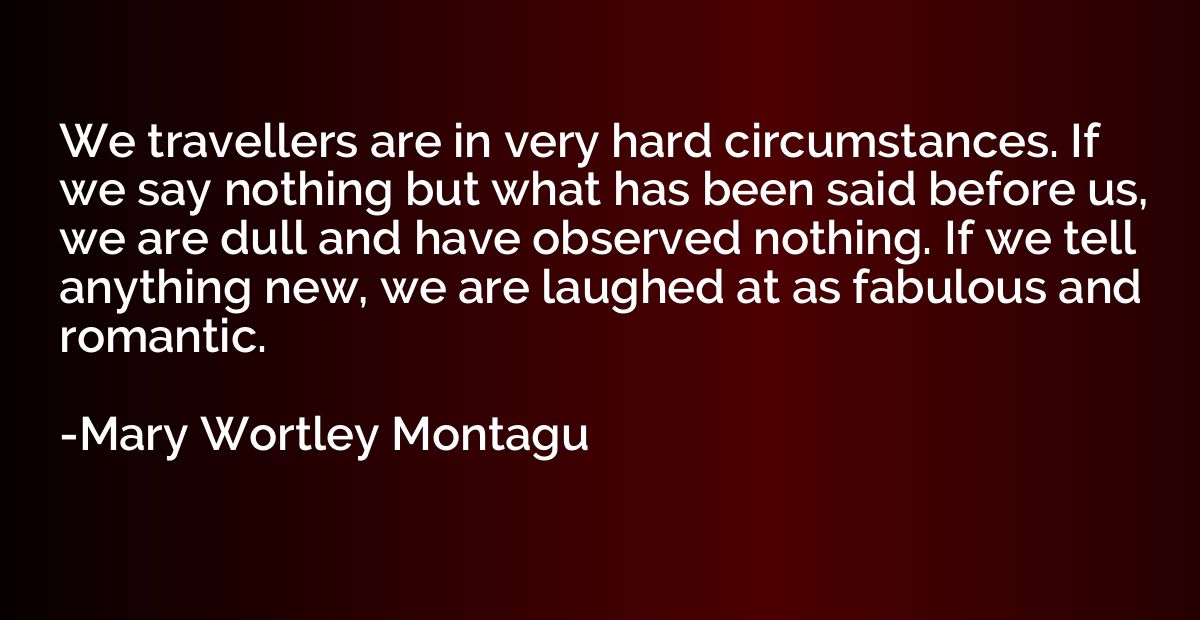Quote by Frank Auerbach
To put down an ideogram of a table so that people will recognize it as a table is not the work of a painter, but to sense it for a moment as a magic carpet with a leg hanging down at each corner is the beginning of a painter's imagination.

Summary
This quote suggests that true artistry lies in going beyond the mere portrayal of objects. Simply creating a recognizable representation of a table does not make one a painter. Instead, a painter's imaginative process begins by perceiving the essence and potential of an object, like seeing a table as a magical carpet with legs. It emphasizes the importance of an artist's imaginative interpretation and ability to communicate a deeper experience or concept through their work, rather than just replicating reality.














